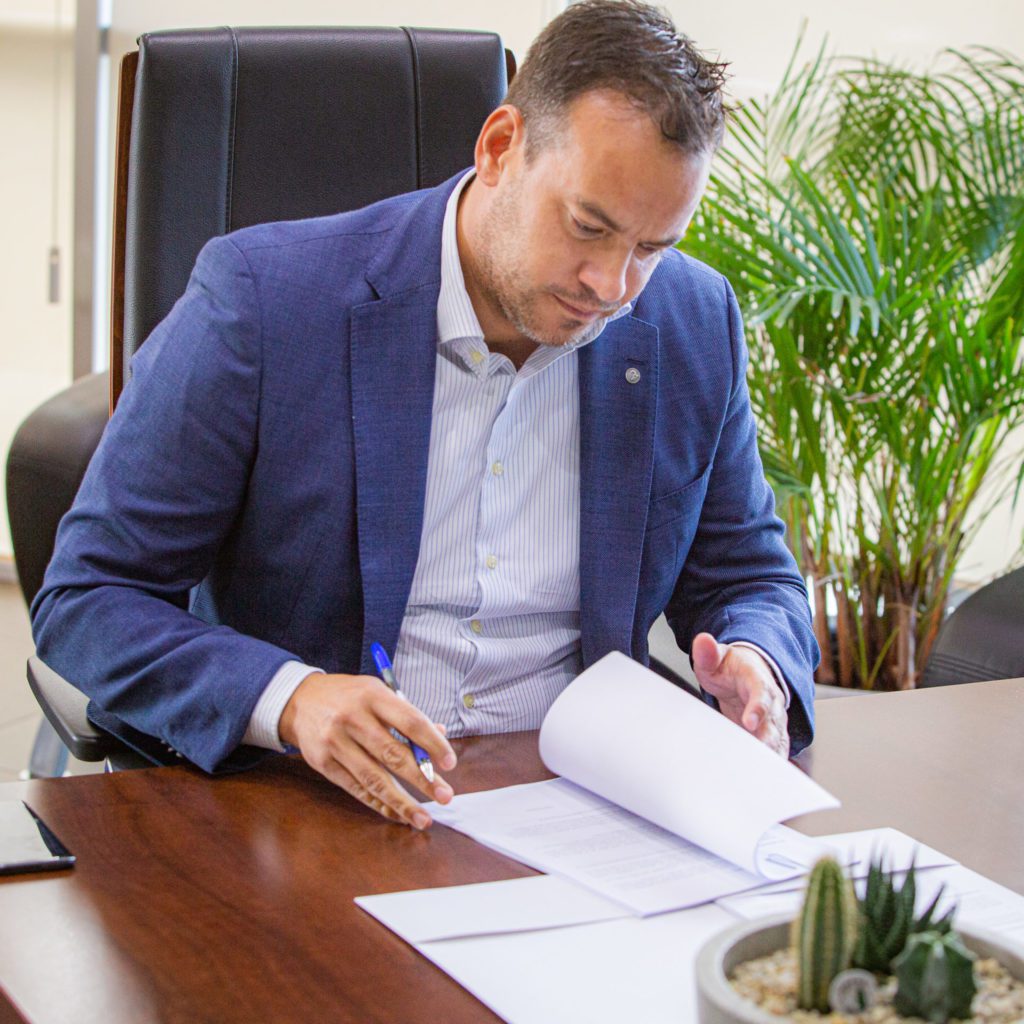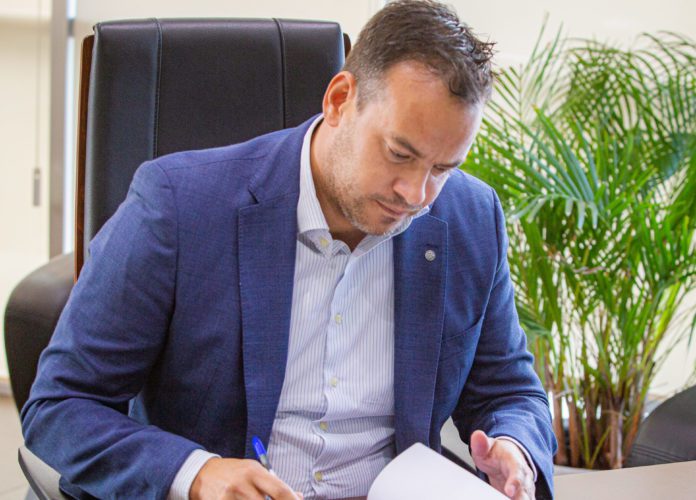The Minister of Economic Affairs, Communication and Sustainable Development, Geoffrey Wever, gave the approval to a consultancy bureau in The Netherlands to offer advice on justifiable rates for operators of cellular networks, thus Setar and Digicel, in the context of the new 5G technology which will become part of the policy.
In the world of mobile phones, technology has never stopped and innovation is continuous. Over the years, this has manifested itself in the evolution of mobile phones, battery, antenna, transmission frequency and reception, type, capacity to hold information and application. Even the base station of the mobile network continues innovating and creating more capacity for audio, voice, video and the amount of users it can process.

Overtime, different generations of mobile phone networks have been used, from 1G to 4G. Now, we are at the doorsteps of the implementation of the fifth generation (5G). The 5G systems offer more capacity, faster connections, and are more secure than older systems. The characteristics of 5G will not only sustain the increasing demand for mobile communications, but will also open the path for new innovative applications and allow modern machinery and appliances to connect.
Compared to the older systems, 5G will require the use of more frequency, around ten times more than before. Compared to the actual rates, which are based on the frequencies of around 10 MHz, cellular network operators will have to pay higher prices to the government for the use of 5G.
To ensure (internationally) competitive pricing for 5G, a consultancy bureau, chosen after a public tender, must complete the necessary investigation and propose a justifiable and acceptable rate for the 5G systems on Aruba.
According to Minister Wever, this is an important step in reaching a new digital era with technological opportunities and innovation for Aruba.







